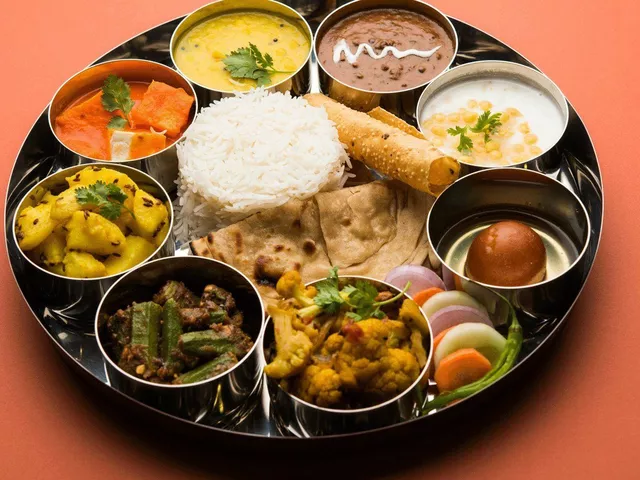As an Indian, what are the pros and cons of living in Australia?

Adapting to the Cultural Diversity
As an Indian living in Australia, the first advantage that comes to mind is the cultural diversity. Australia is a melting pot of various cultures, and Indians are a significant part of this blend. What this means is that, while there could be an initial culture shock, it would be easier to adjust because of the presence of a large Indian diaspora. Many Australian cities have Indian groceries, restaurants, and cultural associations that help keep our traditions alive. Moreover, Australians are generally open-minded and respectful of other cultures, making it easier for us to fit in.
However, the downside of this cultural diversity is that it can sometimes lead to a sense of disconnection. You may feel torn between maintaining your Indian culture and adapting to the Australian way of life. Plus, there may be instances of cultural misunderstandings and adjustments, which can be challenging at times.
Navigating the Australian Job Market
One of the significant advantages of living in Australia is the vast job opportunities. Australia has a robust economy, and skilled Indian professionals are in high demand in sectors like IT, healthcare, and engineering. The pay scale is also generally higher compared to India, offering a better quality of life. Plus, the work environment is often more relaxed, with a focus on work-life balance.
On the flip side, breaking into the Australian job market can be challenging at first, especially for newcomers. Despite your qualifications and experience, you may face difficulties in getting a job that matches your skill set. This is primarily due to local experience and references often being preferred by employers. Some may also face issues with their work visas.
Experiencing the Australian Education System
The Australian education system is another major draw for Indians. The country is home to several world-class universities and educational institutions, offering high-quality education. For families with children, the schools provide a nurturing environment that encourages all-round development.
However, the cost of education can be a significant concern. While public education is free, the fees for international students can be considerably high. Moreover, the teaching methods and curriculum could be different from what you're accustomed to in India, so there might be an adjustment period.
Understanding the Cost of Living
Australia offers a high standard of living, with excellent healthcare facilities, public transport, and recreational amenities. However, this comes with a high cost of living. Rent, utilities, groceries - the cost of everything is generally higher compared to India. This could be a shock, especially if you're moving from a smaller city in India.
On the plus side, the higher cost of living is balanced by higher wages. Plus, once you get a hang of things, you will find ways to manage your expenses better. For instance, there are several farmers markets where you can get fresh produce at reasonable prices, and public transport is efficient and cost-effective.
Dealing with the Australian Climate
Australia's climate can be vastly different from India's, especially if you're from the northern part of India. The country experiences mild winters and hot summers. The climate is generally pleasant, and you can enjoy outdoor activities for most of the year.
However, the summers can get extremely hot, with temperatures often crossing 40 degrees Celsius. This could be a significant downside for those who are not used to such heat. Also, Australia is prone to natural disasters like bushfires, which could be a concern for some.




